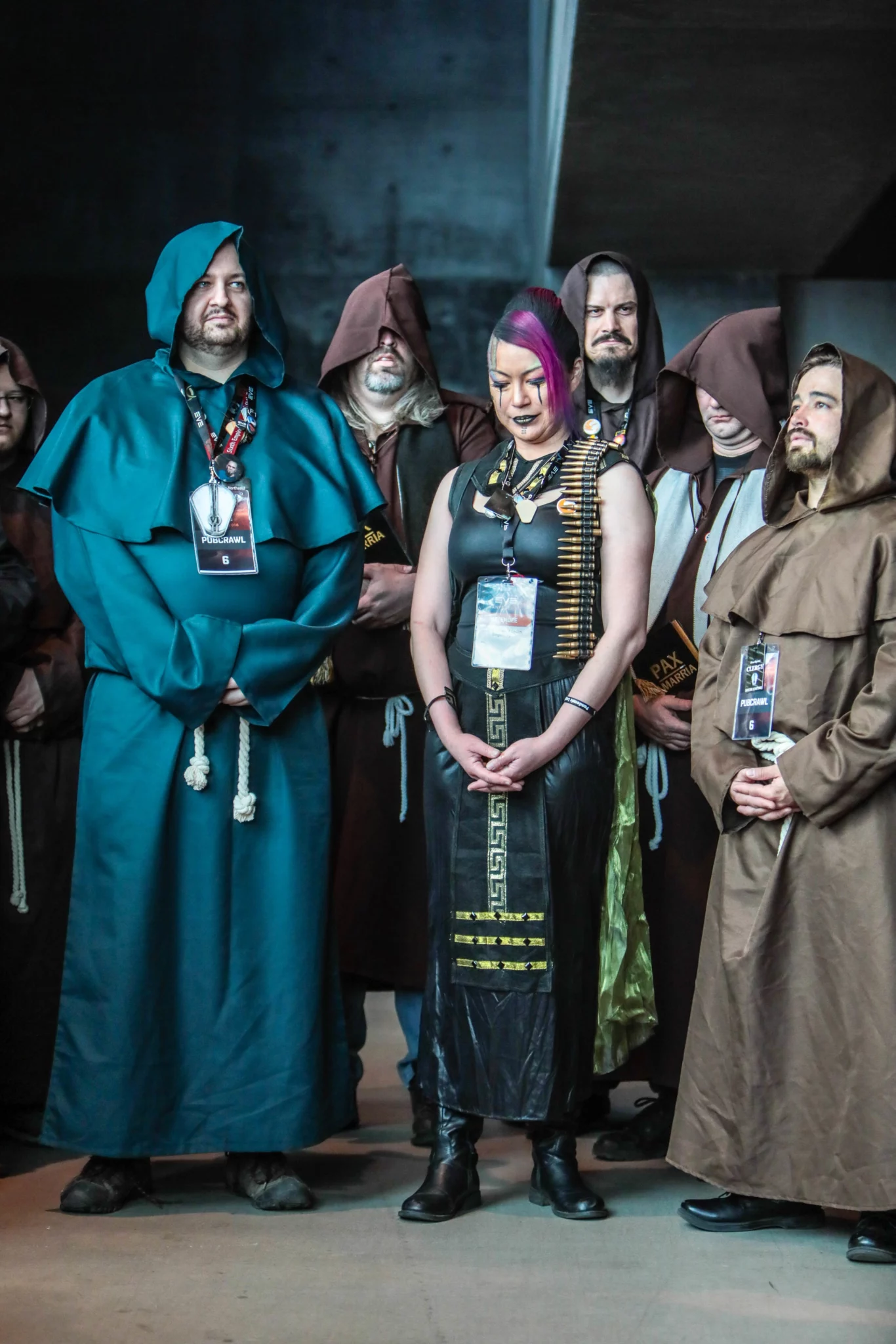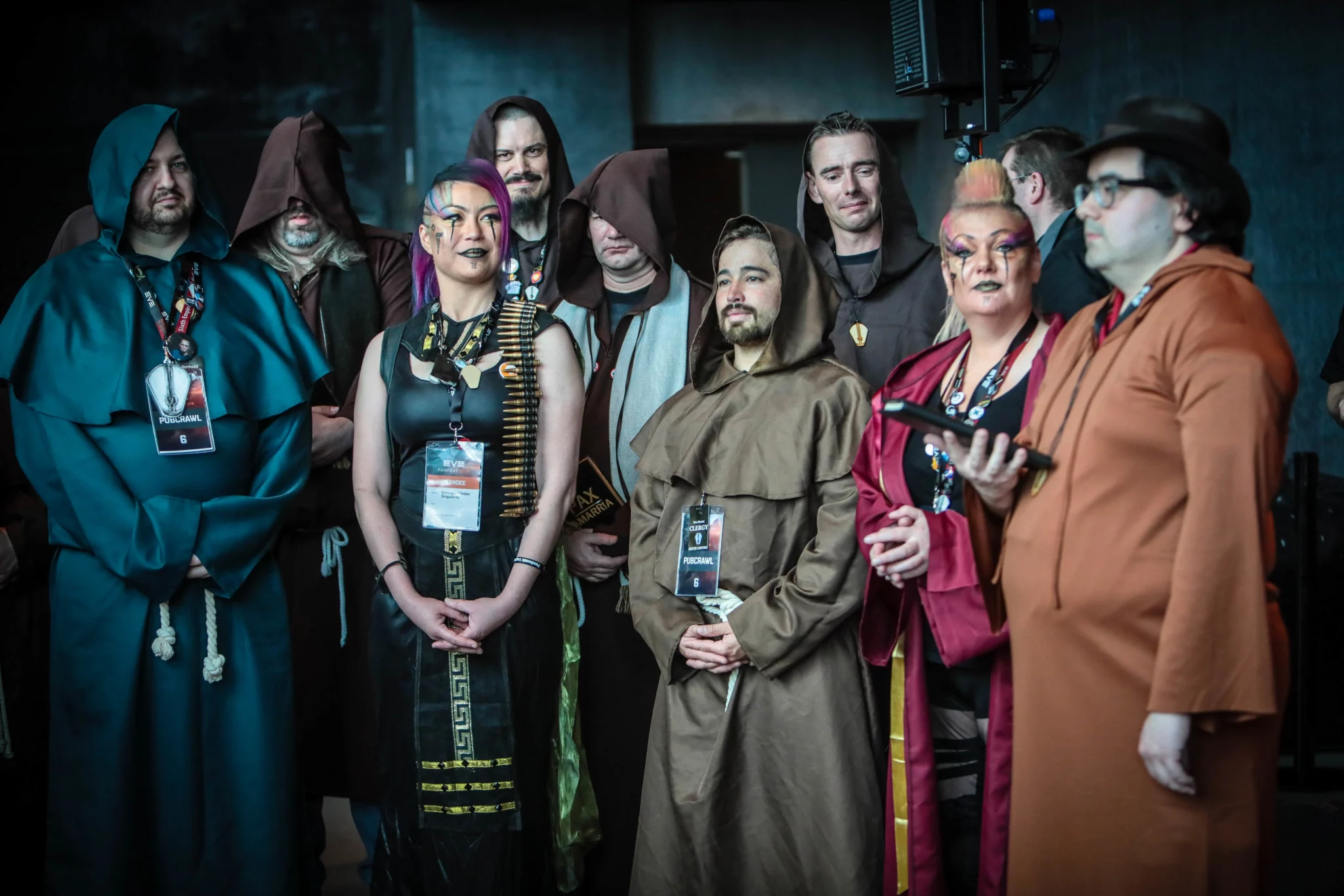The world of Eve Online is ruthless and full of scams. But it has never harmed the MMO. How can that be?
The most important ingredient of scams is the lie. It can be slowly stirred into the dish or hastily at the last second. Some lies are easy to pick out, others almost get lost because the rest of the ingredients take all the attention. The space MMO Eve Online is full of such lies.
One of the first high-profile fibs is (“The Great Scam”). In a lengthy blog entry shortly after the MMO”s release in 2003, a user named “Nightfreeze” claims to have scammed several million ISK, the in-game currency of EVE Online, using an investment platform. Nightfreeze” describes in detail and vulgarity his elaborate modus operandi of using fake accounts to create the appearance of a legitimate business in the official forum.
All this he claims to have done because the elbow society in Eve made him forget all morals. The text spread in the following years and became a kind of urban legend. Even today, you can find forum entries from players who say that the “Great Scam” made them start playing Eve Online.
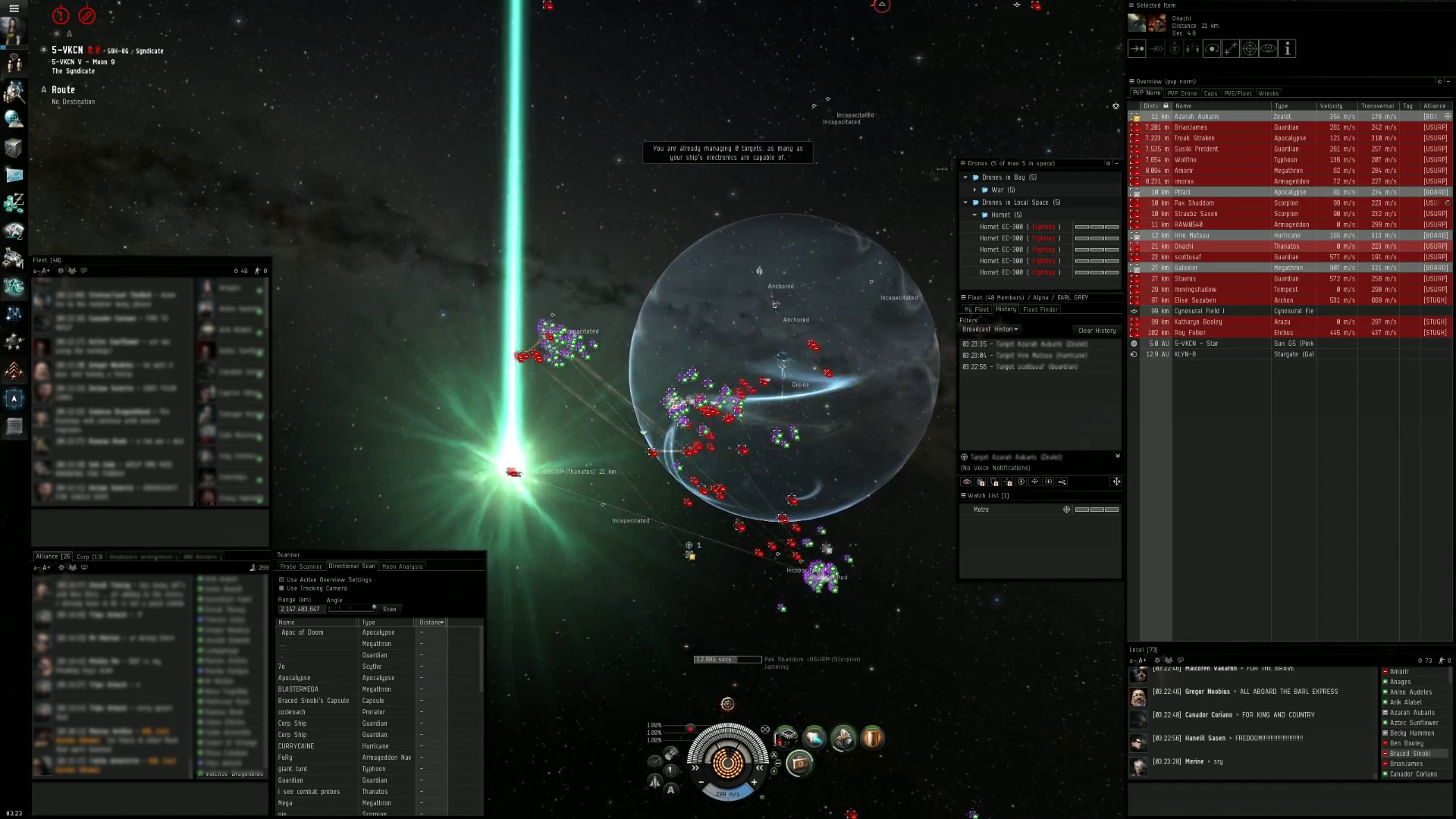
But the big scam is most likely a lie itself. Evidence about the apparent deeds of “Nightfreeze”, if he exists at all, is nonexistent. However, it may not even matter what is true about this story. What the scam stands for seems much more important.
For although scams will always have a bitter aftertaste for some, they are the salt in the soup for others. They tell us: Look at what is possible here! For better or worse, this has created an MMO universe that often mirrors the rest of the internet. For every good deed, there are dozens of border crossings that can quickly get out of control.
Control is good, trust is better
The many charlatans in Eve Online are not a bug, but a deliberate condition. (On the official website) developer studio CCP explains that they condone scams to a certain extent. “Even if they are vile and mean, scams do not violate game systems,” it says. Among other things, scams involving character transfer, third-party websites, exploits or the premium currency PLEX are forbidden, it says. As long as no real money is traded and the scam remains within the game universe, there is relative freedom for fools.
Every now and then, some particularly spectacular heists make it into the headlines. In 2017, the player “Samantha Myth” gained the trust of a pirate guild for over 16 months. When a member lent him a unique ship, he took off with it. A few years earlier, a scammer used a ruse to take over the investment fund “Titans4U”, through which players invested in ship blueprints, and thus pilfered assets worth 850 billion ISK. The official chat rooms are teeming with so-called “ISK doublers” who promise to double the money sent to them. What happens instead should be clear.

In this largely lawless world, can you even fly trade routes in peace without encountering a gang of tramps? “Cheaters are everywhere in Eve, but that”s also what”s interesting about it,” says community developer Peter Farrell of CCP. “At some point, you have to trust someone. And someone has to trust you. Otherwise everyone”s like a lone wolf playing for themselves.”
Farrell was privately an Eve pilot for years and a member of the official player council, Council of Stellar Management (CSM), which pools community feedback and passes it on to the developer studio. For Farrell, Eve”s outlaw mentality works because, with the exception of China, all players are on a single server.
Each of the 20,000 to 30,000 or so space pilots active at the same time every day has to reckon with meeting every person who has just been ripped off. “In Eve, you”re stuck with everyone forever. And they remember the most mundane things, ” Farrell says.
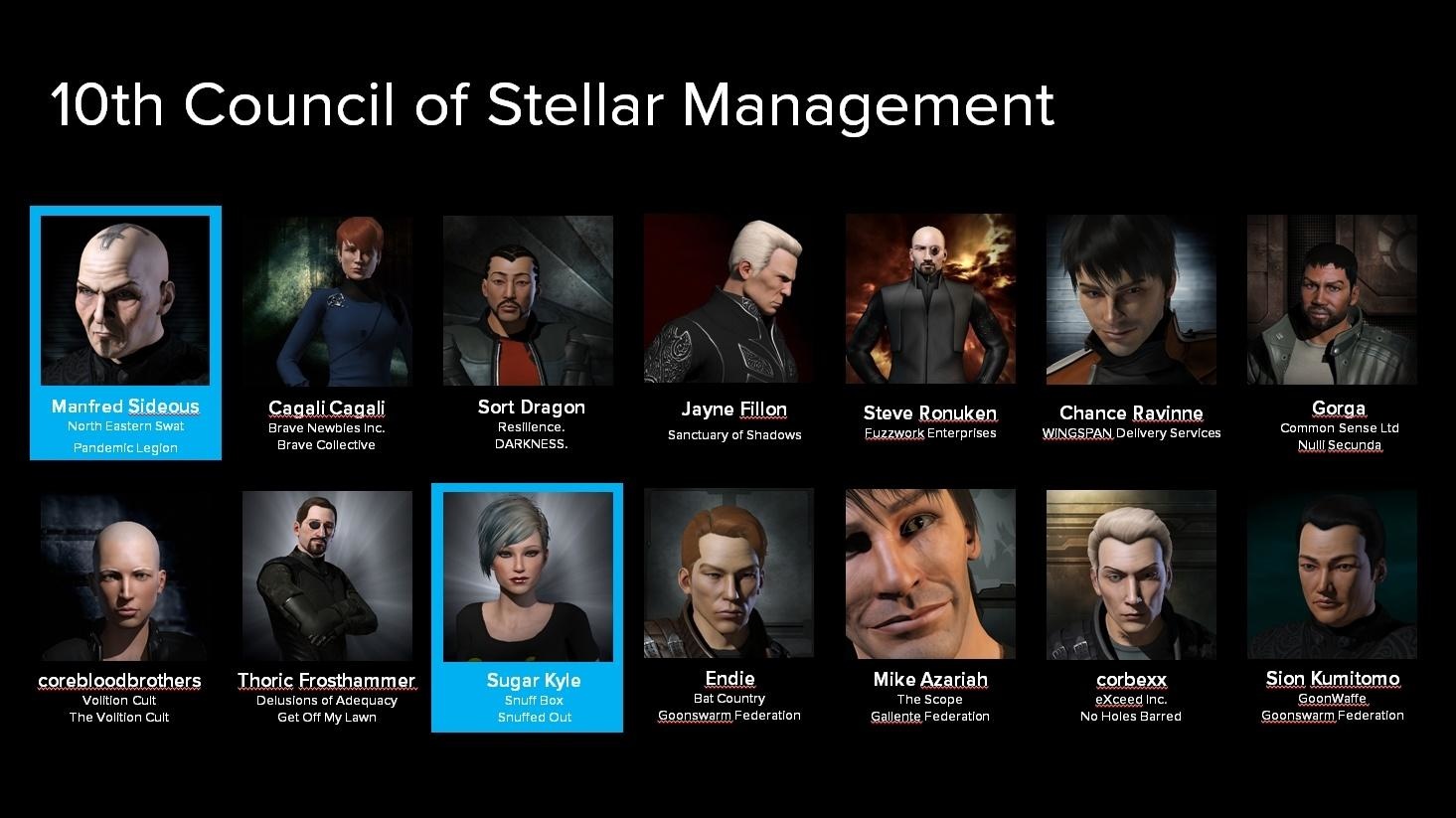
After the “Samantha Myth” coup became public, the victim spoke out on Reddit. Much greater than the loss of his favourite ship was the loss of a friendship he thought he had, he shared. “Space Guilt” is what Community Developer Farrell calls it – that is, the guilt that scammers load themselves with and that no amount of stolen goods can make up for. This can deter potential scammers.
Easy Invest, Easy Money
No such guilt is felt by GlobalESportNews reader and Eve fan Tim (last name known to the editors). He wrote to the editors a few months ago because he had “gone to the dark side”, as he calls it. His scam earned him around 630 billion ISK. Redeemed via not-so-legal file-sharing networks on the net, that would be equivalent to about 6,000 euros. Purely theoretically, of course, because Tim kept the digital money, so he doesn”t have to fear any penalties. He even donated some ISK as part of a charity campaign that CCP organises from time to time.
Tim has been playing Eve Online intensively since 2021, more than 3,000 hours of play by now. “Actually, I hate MMOs,” he says. But the economy has taken a liking to the trained software developer. “You can really change and move something in the world with your actions.”

The MMO offers a lot of adjustments that the community can make themselves. Minerals collected from asteroids are sold, processed into a weapon and then mounted on a spaceship. At each step, players themselves are responsible for procurement and production.
In addition, CCP allows the use of an application programming interface (API), through which users can access some internal data in Eve such as item prices or mails. This freedom creates creativity. Large alliances like the “Goon Swarm Alliance” have their own secret services that monitor enemy groups, infiltrate moles and read private chats.
Tim is using the API to design an investment platform called “EasyInvest” with accompanying software. Similar to the real world, wealthy people can invest their money, slowly increase it through interest or withdraw their investments again. Tim, in turn, invests the capital in profitable buy-and-sell deals, supported by another self-developed API application called “EasyTrade”, which scans market prices of all items in the game.
For a few months, things go really well. At some point, Tim can even afford several trade hubs, quasi trading stations that other fellow players can fly to. “But then one day a PvP-oriented alliance came along,” he says. Just as players create their own trade hubs, others can destroy them again. Instead of slowly rebuilding the loss through investment, Tim lashes out in counterattack. “If that”s the way to play Eve, then I”ll just play along with it.”

Not unlike the “Great Scam”, the investment platform becomes a trap. When patrons transfer their money, Tim no longer threads deals from it, but simply pays the accruing interest from it and keeps the rest for himself. Everything is geared towards finding as many new investors as possible so that the construct does not collapse: a classic Ponzi scheme, colloquially also called a pyramid scheme.
“I never thought I would do this before,” says Tim. Those who stay with it for a long time or leave positive feedback in the forum receive small allowances. This, Tim says, has created the outward impression of a legitimate business that is simple but “professionally packaged”.
After about eight months, 96 people have trusted “EasyInvest”, with some super-rich people transferring triple-digit billions. After one person wants to withdraw a larger sum, Tim blows the whistle. (In the official forum) he makes the matter public, some reproach him, others smile at the naivety of the victims. Everything as usual, you could say.
The limits of the playable
Tim does not feel remorse, rather such scams are for him the logical consequence of Eve”s great freedom of rules. “Any of them would have done it the same way,” he is sure. “Why wouldn”t they? There are no consequences. “
So opportunity creates thieves? If you ask the head of the Institute for Cybercriminology in Oranienburg, Dr Thomas-Gabriel Rüdiger, this question, he calls it the so-called routine activity theory. “People always tend to break norms when the prey is much more attractive than the perceived risk of getting caught and when there is a basic motivation to act.”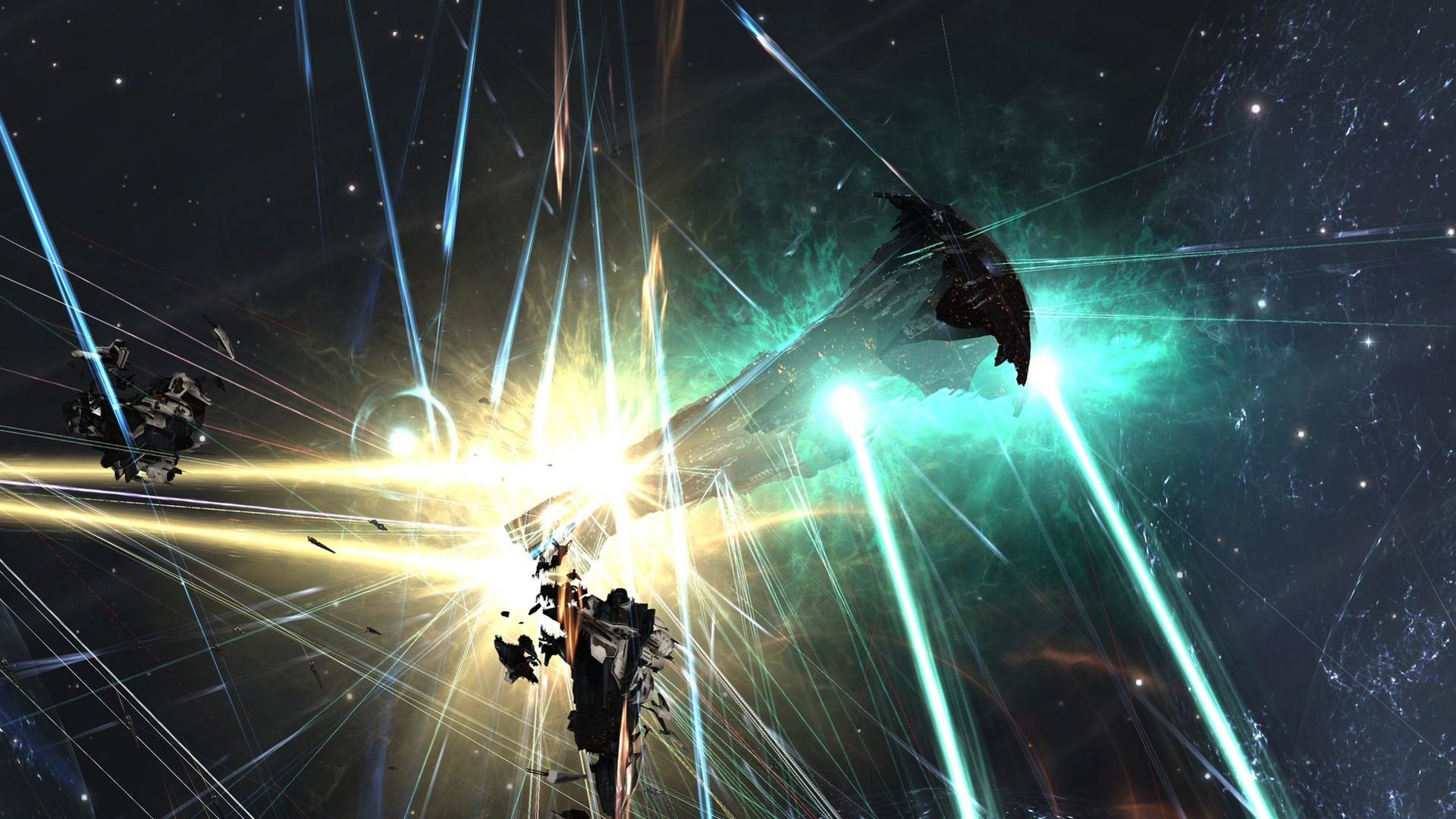
For example, most people find it easy to dart across the road on a red light when there is hardly any traffic visible, says Dr. Rüdiger. The danger of being caught by the police or a speeding car seems relatively small. Here, the so-called neutralisation thesis can be used to explain the Eve offences. According to this theory, crimes are justified by the fact that offenders blame external circumstances for them. This determinism also shines through in Eve, when Tim and others emphasise the ruthlessness of the community, which has made scams a popular sport.
Despite some similarities, however, cybercriminologist Rüdiger does not see the loose policy as problematic. “In Eve Online, one gets the impression that cheating is game-immanent and part of the experience,” he says. “That suggests that you can”t compare it to crime in the classic sense.” However, it would be another example of how fraud is normalised on the internet, Rüdiger says. The danger is that they hardly attract attention and remain unchallenged.

So scam messages are piling up in email inboxes, fake websites want to get hold of account details and on social media platforms, fake news is used every day to rail against minorities. “Even in some gaming communities, there is a tendency towards the normality of transgressing the norm,” says Rüdiger.
For developer studio CCP, its long leash in dealing with cutthroats is always a tightrope walk. In 2014, CCP banned a notorious cheater after he first stole from someone and then humiliated them by having the victim read out gibberish lyrics and sing songs in a recorded group chat until they were at their wits” end insulting all the other amused attendees.
Three years later, an alliance leader threatened to find a player”s whereabouts and chop off his hands because of a betrayal. A permanent ban followed. In contrast, the once influential player “The Mittani” was only banned for a month in 2012 and lost his position on the CSM council for inciting the audience to mob another player until he committed suicide during a talk at the Eve fan festival. Mittani later apologised for his behaviour, saying that his online persona as a “space villain” had gone to his head.
Today, CCP would probably react differently to such an incident, says community developer Peter Farrell. They would have learned a lot, and some player groups would also have become more mature.
Trust everyone and no one
Although scams are ubiquitous, the Eve Online community is known for something else: its friendliness and helpfulness. Every scam story is countered by a community of players who often support each other and repeatedly set records such as the largest multiplayer PvP battle. The fact that a complex game like Eve continues to be so popular after 19 years is due to a community that eagerly answers every query.
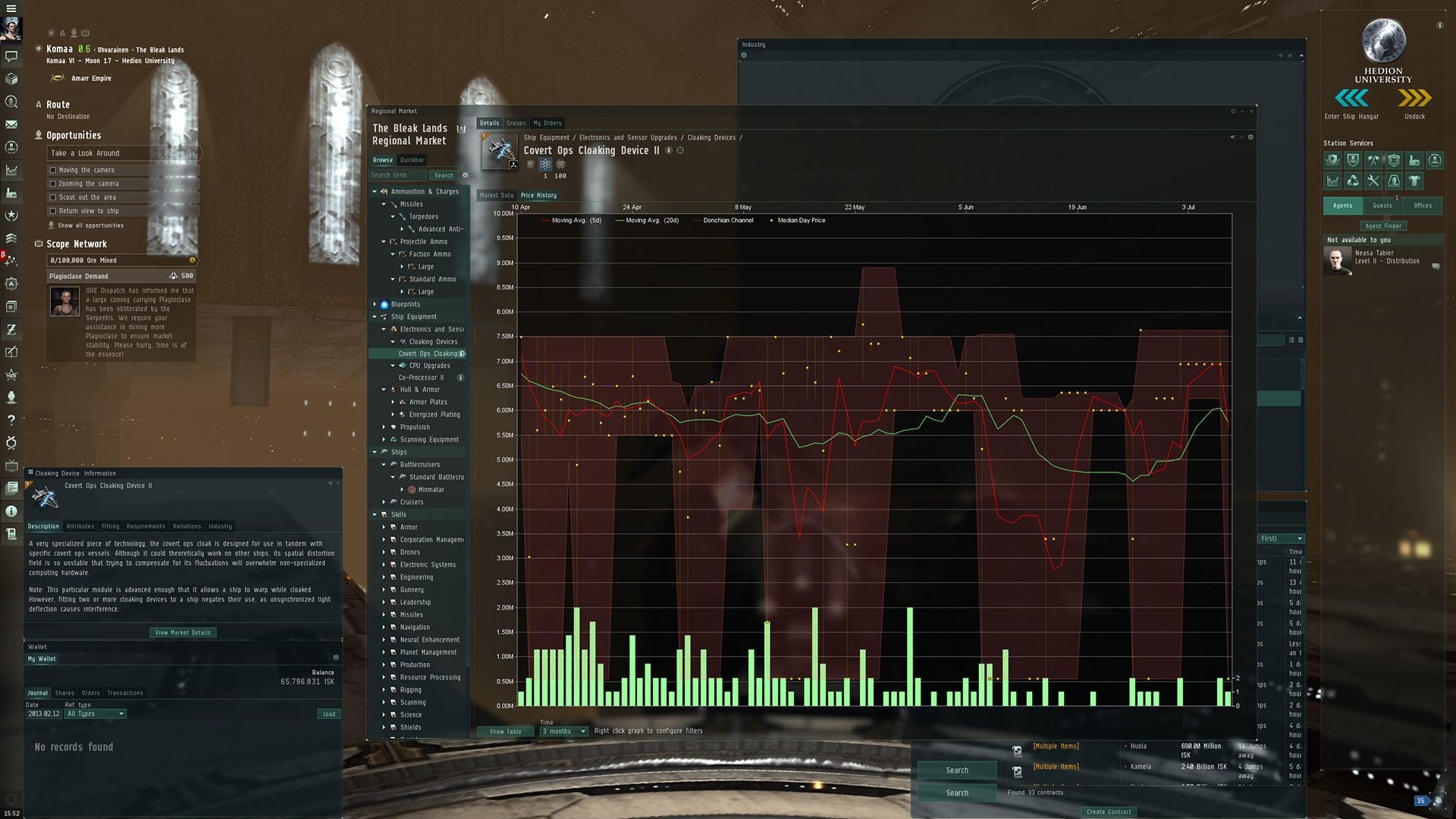
“Eve players and players welcome newcomers with open arms,” says Farrell. “A new pilot in a group is generally worth a lot more than they might own.” Still, he has a few tips for newcomers or those returning to the game:
- Don”t lose what you can”t afford to lose.
- If a deal sounds too good, it most likely is.
- Find a guild that caters to newbies. They will take you in and explain everything to you.
Scammer Tim is a bit more drastic: “Don”t trust anyone,” he recommends, adding in the same breath that there are, however, just as many good fellow players in the MMO. “In Eve, nobody wants to give you anything voluntarily. Don”t be gullible there. “
He wouldn”t have pulled off his scam just because he wanted money or revenge. As a programmer, he was able to create something with the investment platform that others wanted to use because it worked and was fun. For a while, at least. And that”s what scams can be in an MMO in the best case. Harmless fun.



